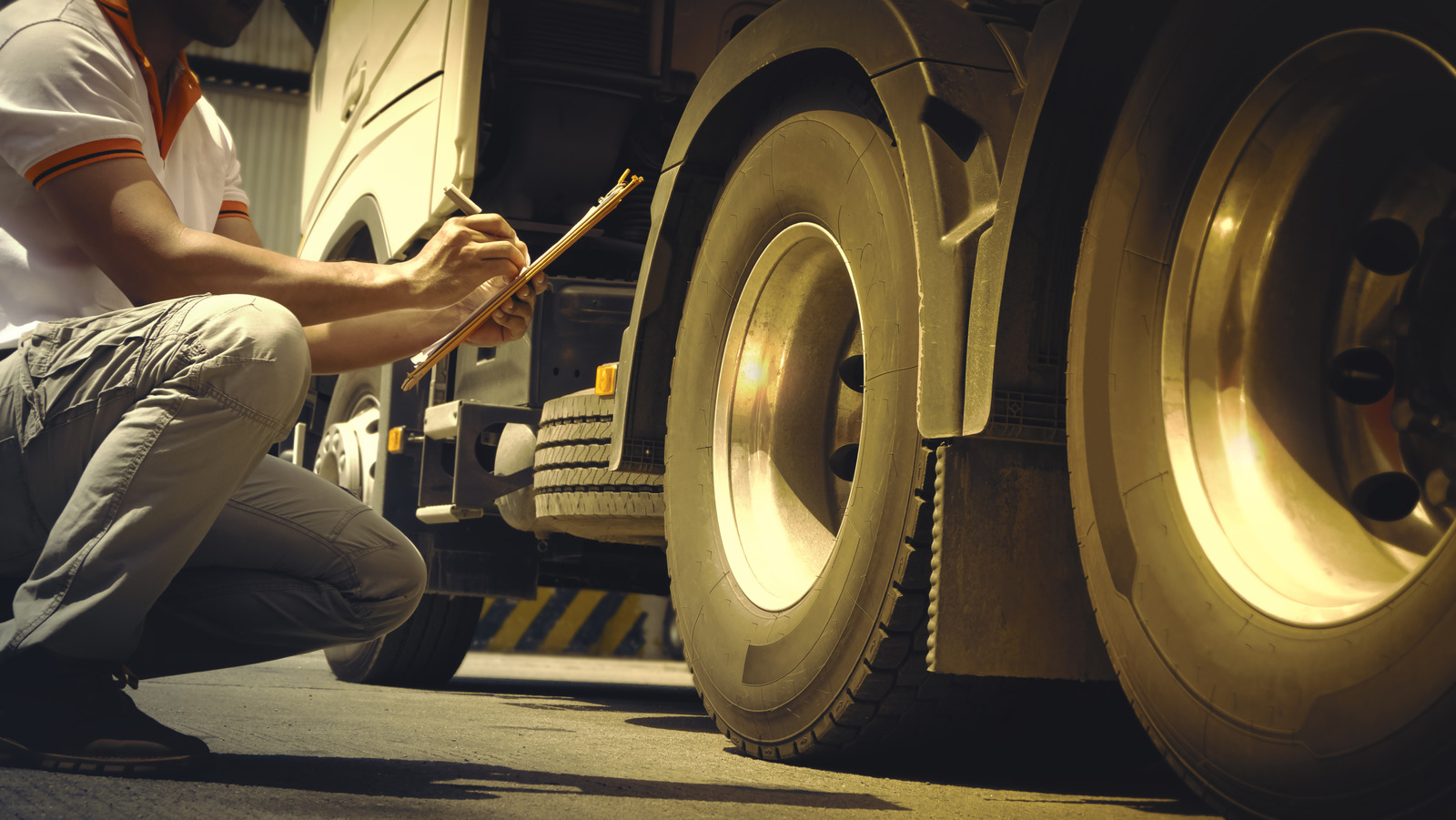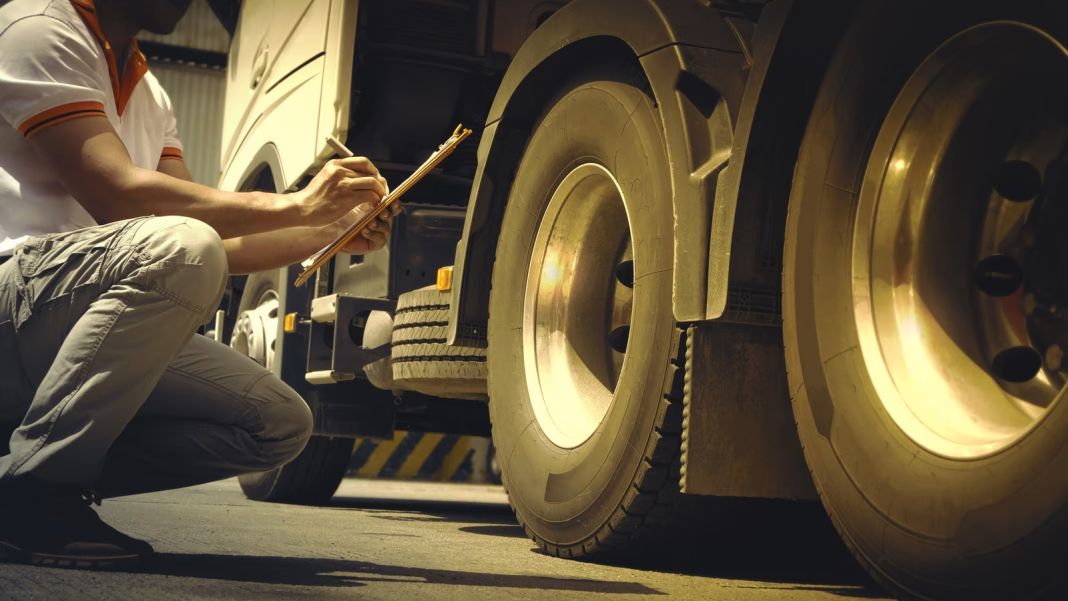Do Diesel Trucks Really Wear Out Tires Faster Than Gas Models?
If you’ve ever stood in a parking lot and compared a diesel pickup to its gas-powered cousin, you might have wondered: does the type of engine under the hood actually affect how quickly those tires wear down? It’s a question that pops up more often than you’d think, especially among folks who rack up serious miles or tow heavy loads. Let’s dig into what really causes tire wear, and whether diesel engines are the hidden culprit.
What Actually Causes Tires to Wear Out?
First things first—tire wear isn’t just about what’s powering your vehicle. It’s a cocktail of factors: driving habits, road conditions, tire maintenance, and yes, the vehicle’s weight and torque. Aggressive cornering, hard braking, and skipping regular rotations can all shave years off your tires. But here’s a twist: the engine type can play a role, just not in the way most people expect.
Why Diesel Trucks Might Take a Bigger Toll on Tires
Diesel engines are known for their torque—basically, their ability to twist the wheels with serious force, especially at low speeds. That’s great for towing, hauling, or launching a heavy truck from a stop. But all that grunt can mean more stress on the tires, particularly the rear ones in two-wheel-drive setups. According to a 2023 report from the Tire Industry Association, vehicles with higher torque outputs tend to experience faster tread wear, especially if drivers take full advantage of that power.
Diesel trucks also tend to be heavier than their gas counterparts, thanks to beefier engines and reinforced frames. More weight pressing down on the tires means more friction with the road, which naturally leads to quicker wear. It’s not just theory—fleet managers for delivery and construction companies have reported up to 15% shorter tire lifespans on diesel trucks compared to similar gas models, especially when those trucks are regularly loaded or towing.
How Driving Style and Maintenance Trump Engine Type
Here’s the kicker: even with all that extra torque and weight, how you drive and care for your tires matters more. A heavy-footed driver in a gas truck can burn through rubber just as fast as a diesel driver. Underinflated tires, skipping rotations, or ignoring alignment issues will eat up tread life, no matter what’s under the hood.
A study from Consumer Reports in 2022 found that regular tire rotations (every 5,000 to 7,000 miles) and keeping tires properly inflated can extend tire life by up to 25%. That’s a bigger impact than the difference between diesel and gas engines alone. So while diesel trucks might set the stage for faster wear, the main act is still the driver and their maintenance habits.
Are Certain Tires Better for Diesel Trucks?
Absolutely. Not all tires are created equal, and diesel trucks often benefit from tires designed for higher loads and torque. Look for tires with reinforced sidewalls and higher load ratings—these are built to handle the extra stress. Some brands even offer tread compounds specifically engineered for heavy-duty trucks, which can help offset the faster wear associated with diesel engines.
If you’re towing regularly or hauling heavy gear, investing in quality all-terrain or highway-terrain tires can pay off in longer tread life and better performance. It’s a bit like wearing work boots instead of sneakers on a construction site—right tool for the job.
What About Fuel Economy and Tire Wear?
There’s a connection here, too. Diesel engines are often chosen for their superior fuel economy, especially when towing. But if your tires are worn or improperly inflated, you’ll lose some of that efficiency. The U.S. Department of Energy estimates that underinflated tires can reduce fuel economy by up to 3%. So keeping an eye on your tire pressure isn’t just about safety—it’s about getting the most out of every gallon.
The Big Takeaway
Tire wear isn’t just a diesel versus gas debate—it’s about understanding the whole picture. Diesel trucks do tend to wear out tires a bit faster, thanks to higher torque and heavier builds. But the real game-changer is how you drive and maintain your tires. The big takeaway? Tire longevity isn’t about perfection—it’s about smarter adjustments. Start with one change this week, and you’ll likely spot the difference by month’s end.


